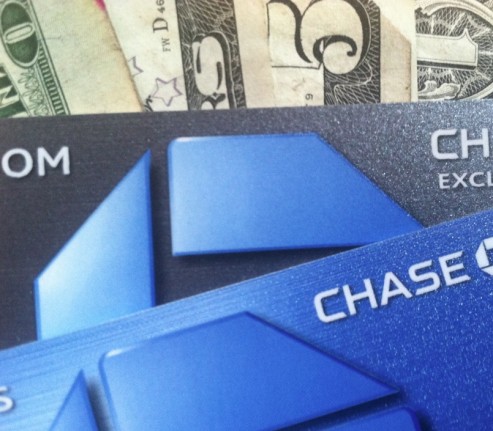5 Ways To Beat Debit Card Fees
With all this fee nonsense it is now wonder many banking consumers are becoming increasingly frustrated with their financial institutions. Here are some options to avoid debit card fees.
With the Durbin amendment changing the way many banks operate consumers are looking into other options in order to avoid the pesky debit card fees.
Story Highlights
- Smaller Bank
- Online Bank
- Credit Union
- Paying with Cash
- Alternative Payments
Don’t Let Durbin Get You Down
The reality is we are facing these annoying fees, and although I have managed to avoiding paying any fees on my Chase (NYSE: JPM) account, I know my days are numbered. Here are the options I’ve been researching.
Small Banks
The advantages of banking with smaller banks is that they have less overhead then their larger competitors. Also, the smaller banks are protected because the Durbin Amendment affects banks with assets of $10 billion or more. This way they are able to avoid those annoying fees and offer better deals to their customers.
The cons of having a small bank are that you may face ATM fees, and if you are a constant traveler you will not be able to access a branch as easily when you are away.
Credit Unions
Credit Unions are the natural progression after community banks. Owned by the members in the actual union, credit unions provide competitive rates as well as other services. Most credit unions make under $10 billion, therefore also exempt from the Durbin Amendment. Credit unions are mostly covered by the NCUA an organization the offers the same coverage as the FDIC, so you know your assets will be safe.
Many credit unions belong to nation-wide shared programs where they share branches and ATMs so your funds will be pretty accessible if you are the move.
Online Banks
Ah, the online bank. For some reason I have been avoiding these banks, probably because I am a grandma. But, I am leaning towards these banks once the decision to switch comes. With no branches, online banks basically have no overhead — or at least the lowest amount possible.
With the way technology is progressing, many online banks will be able to provide virtual services mimicking those of actual bank branches. Online banks also have extremely competitive rates, as they avoid many of the fees traditional banks face.
Paying With Cash
Pretty simple. If you’re really mad at the big bad bank fees, and you don’t want to change institutions, ditch your card and carry cash. This may be an inconvenience, but at the same time carrying cash will make you more conscious of your spending habits and may allow you to save more in the long run.
Alternative Payments
These methods include two ends of the spectrum; checks or mobile payments. Everyone is familiar with using checks, and not all places accept them, but it is still an option if you are set on avoiding the fees.
With mobile payments, the industry is still young and by the time NFC technology is accepted everywhere, Debit card fees may not even be around anymore. I highlight suggest that you keep an eye on this blossoming industry because it will definitely be a larger trend in the future.
There is also the credit card, using credit cards correctly can provide a huge boost to your budget. Not only do they establish credit necessary for future large-purchases, but credit cards can also earn you rewards points to spend at your leisure. Granted, many programs are lacking right now, there are still a couple out there, when paired with your spending habits, can provide big returns.


